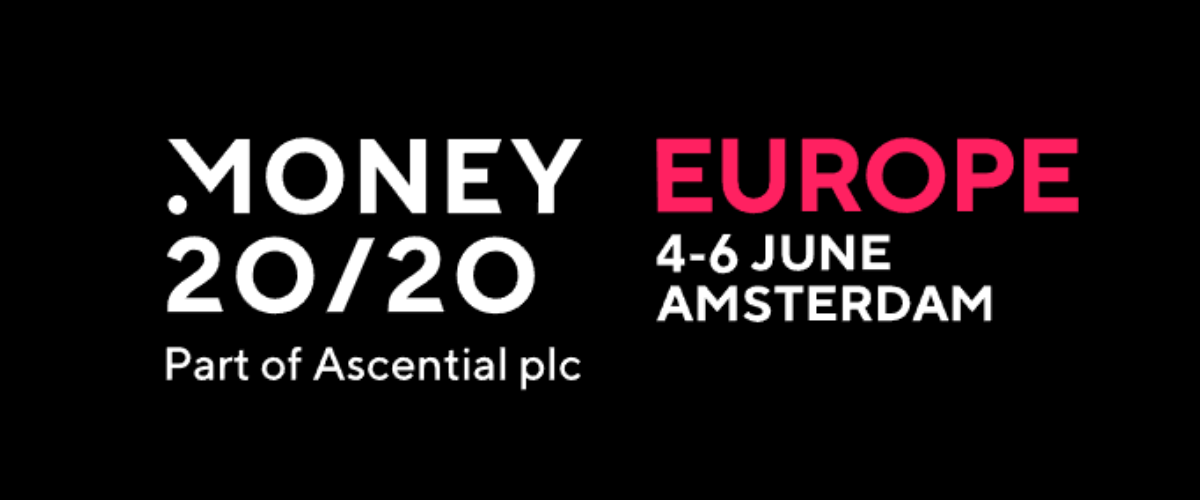On Monday, Australia released information on the scale of crypto fraud in the country, with Aussies losing over AUD 2.1 million on crypto-related scams during 2017. The Wall Street Journal also recently released a study indicating that 18% of ICOs are fraudulent while a Chinese government-backed committee on financial security technology issued a warning regarding crypto.
The Australian Competition and Consumer Commission (ACCC) qualified the financial losses endured by Australians as stemming from causes like ICO scams, pyramid schemes taking advantage of peoples’ naiveté about crypto and how it works, and individuals paying virtual ransoms. As the popularity and value of Bitcoin spiked during the last months of 2017, so did the proliferation of scams and fraudulent behaviours, with in December seeing more than AUD 700,000 in losses to crypto scams. The average monthly loss between January and September was significantly less, at circa AUD 100,000. The ACC adds that the AUD 2.1 million in losses “is likely the very tip of the iceberg”.
Last week, The Wall Street Journal released its own research on fraudulent ICOs, titled “Buyer Beware: Hundreds of Bitcoin Wannabes Show Hallmarks for Fraud.” The publication does mention that investors are becoming more aware of fraud, but individuals seeking to invest in crypto still spent a staggering USD 1 billion on the 217 questionable ICOs they found during their research. Some of these companies are still operating, while others have closed their doors, with investors claiming USD 273 million in losses from the 217 flagged ICOs. What adds to the scale of fraudulent ICOs is the U.S.’s own Securities and Exchange Commission launching a fake ICO website last week to teach would-be investors how to recognise scams.
In addition to the WSJ, SEC, and ACCC all releasing figures as to the impact of ICO and crypto fraud, last week the Chinese National Committee of Experts on the Financial Security Technology came out with its own report on cryptocurrency fraud. China, for all intents and purposes, has banned cryptocurrencies and ICOs and has warned against the currencies on multiple occasions. The report, similarly to the SEC’s Howey Coins website, clarifies the signs of fraudulent crypto offerings, including virtual currencies without codes and the fact that fake coins cannot be traded on crypto exchanges.
By Elliot Lyons, Research Analyst



